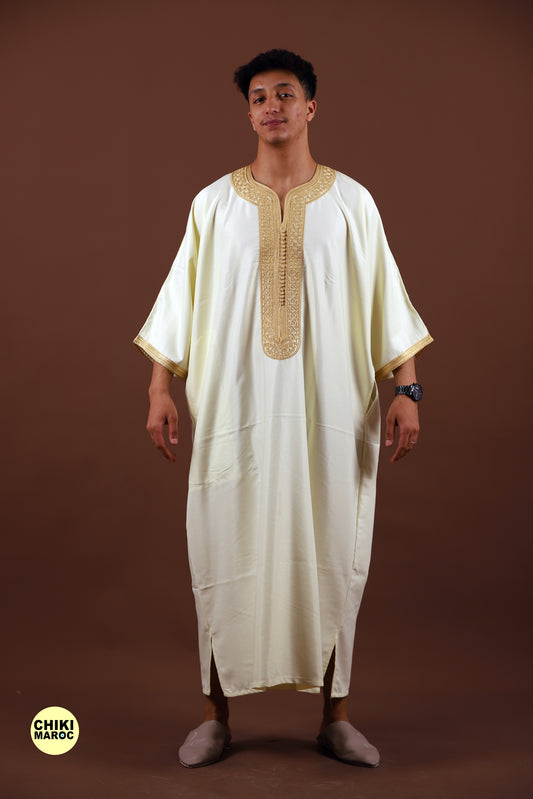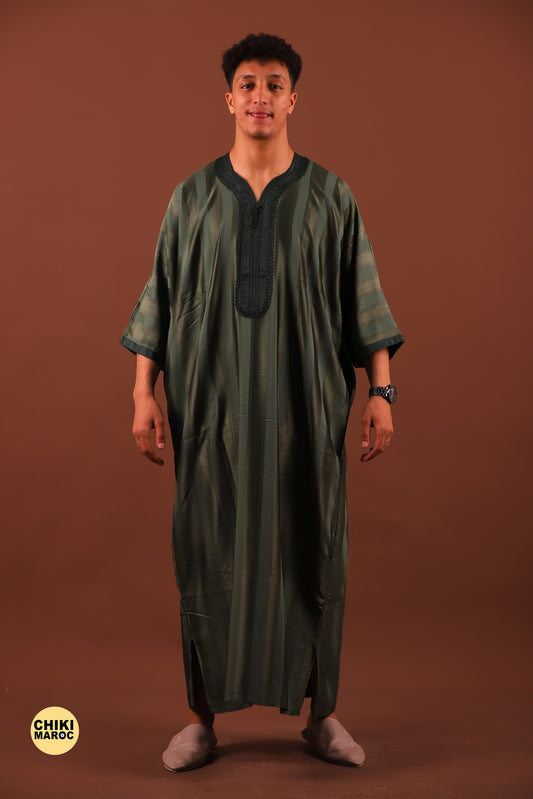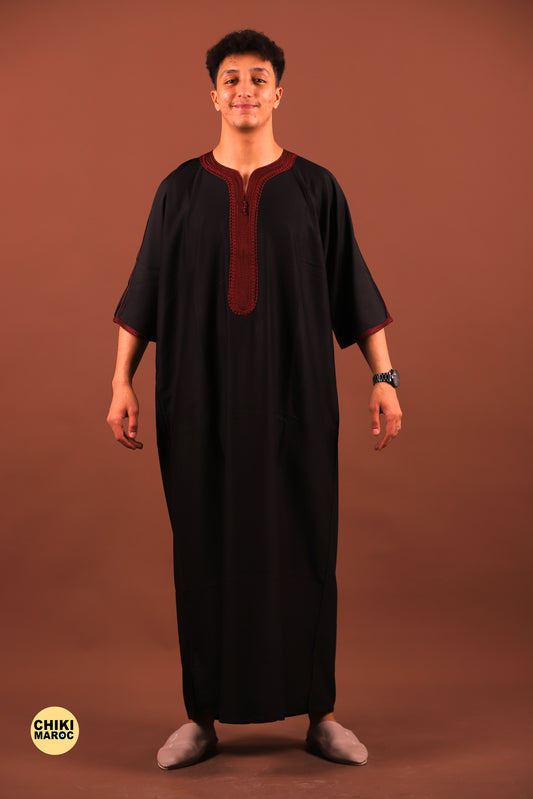In Islam, intimacy between spouses is guided by principles of respect, modesty, and ethical conduct. Understanding the permissibility of viewing private parts of one's spouse within Islamic teachings involves considerations of privacy, mutual consent, and spiritual reverence. This article delves into the Islamic guidelines regarding the visibility of private parts between spouses, offering insights into cultural interpretations and religious practices.
Importance of Modesty and Respect in Intimate Relationships
Islam places great emphasis on maintaining modesty and respect in all aspects of life, particularly within marital relationships. This includes considerations of physical intimacy and behaviors that uphold ethical conduct and mutual respect between spouses.
Islamic Perspective on Viewing Private Parts
-
Mutual Consent and Privacy:
- Mutual Agreement: Islam encourages mutual consent and agreement between spouses regarding intimate matters, including the visibility of private parts.
- Privacy: There is an emphasis on maintaining privacy and avoiding unnecessary exposure, respecting each other's physical boundaries and personal dignity.
-
Intimate Relations in Context:
- Permissibility: Within the context of marital intimacy, Islam permits spouses to view each other's private parts. This permission underscores the trust, intimacy, and emotional connection within the marital relationship.
- Prophet's Guidance: Prophet Muhammad (peace be upon him) provided guidance to spouses on matters of intimacy, emphasizing respect, mutual satisfaction, and consideration for each other's comfort.
Cultural and Community Norms
- Diverse Practices: Practices and interpretations regarding intimate relationships can vary across different Muslim-majority cultures and communities. Local customs and cultural norms may influence attitudes and behaviors related to privacy and intimacy.
Spiritual and Ethical Considerations
- Maintaining Spiritual Awareness: Islam encourages spouses to maintain spiritual mindfulness and reverence for Allah (God) even during intimate moments. This includes avoiding behaviors or actions that detract from spiritual devotion and ethical conduct.
Consultation with Scholars
- Seeking Guidance: Muslims seeking clarity on permissible behaviors within marital intimacy, including the visibility of private parts, are advised to consult knowledgeable scholars who can provide insights based on Quranic teachings, Hadith (sayings and practices of Prophet Muhammad), and Islamic jurisprudence (fiqh).
Conclusion
In Islam, the permissibility of viewing private parts between spouses is guided by principles of mutual consent, respect, and modesty. Understanding and practicing these guidelines contribute to fostering a harmonious and fulfilling marital relationship, based on trust, mutual satisfaction, and adherence to Islamic values.




